Applications for Ohio Farm Bureau Health Plans now available
Members have three ways to apply: contacting a certified agent, calling 833-468-4280 or visiting ohiofarmbureauhealthplans.org.
Read MoreSometimes my two loves, agriculture and education, cross in the strangest ways, and it always leaves me wondering about the power of irony or divine intervention.
Recently, my advanced placement students were given a prompt that asked them to synthesize three major benefits or drawbacks of a locavore movement. This prompt was from 2011 and asked students to examine sources that showed the positives and negatives of people buying only food that was considered local to their area.
My students, thankfully, constructed strong essays that took a definitive stance and almost all supported their points in a strong and well-written way. Students were fairly evenly split among supporting or not supporting the locavore movement. I felt the same way until one student made an incredibly strong point, and I began to think about the politics of food.
One article from the United Kingdom, “On My Mind: The Locavore Myth” by James E. McWilliams, discussed the impact of the United Kingdom buying most of its green beans from Kenya (Forbes, Dec. 2009). McWilliams discussed how a locavore movement would then destroy the “livelihoods of 1.5 million sub-Sarahan farmers” (Forbes, Dec. 2009).
This student went on to make the point that, since research has shown negligible differences in nutritional value between locally grown foods and globally grown foods, Americans should feel free to buy the food that makes them happy. I had never thought about the act of buying food as a political statement, but here it was, staring me in the face.
When I think about going to the store to buy food, I think about creating delicious meals for my family and friends, making the food I’m craving, and finding cool new foods that my local store is stocking. I rarely think about where the food is grown, processed or harvested, and transported.
For example, this week I made and packed tacos for lunch. These tacos were a mix of chorizo and beef, sour cream, lettuce, tomatoes, poblano peppers and cheddar cheese. I cannot even tell you where these items originated; my greatest joy was that I was able to enjoy safe and delicious tacos without having to travel to Mexico or the southwestern part of the United States.
I think that it is time for people to realize that we are a global country and that food is not the property of only one country, nor should it be.
If countries’ owned their own food and never shared it, many of us, including myself, would miss our daily cup of coffee. Coffee beans would only be the purview of Latin America, Africa and parts of the Asia-Pacific area. Pizza, my favorite food for a Friday night, would still belong only to Naples, Italy. Any and all cheese would only be found in Poland since that is where it is believed to have been found by Arab traders in 5500 BCE.
Anything made with flour would not have left Rome and later would have been under the sole ownership of England. Beer would have never been an American thing since the earliest evidence of beer production was found in Iran between 3500 and 3100 BCE.
Last but not least, our favorite sweet stuff, sugar, would have never reached the shores of America since it is was originally found in New Guinea. Without worldwide trade and sharing, many of our favorite foods would never have even reached American shores.
However, some of my favorite things are produced locally. The maple syrup that I use that is sweet, golden and perfect is made from maple trees I drive by every day. In my freezer is a pig grown locally by a friend. Currently, another friend is finishing off a steer that will also be in my freezer soon. For a while, my eggs came from another local friend.
The reality is that agriculture is not owned by only one place or entity; agriculture is global. Since the beginning of cultivation, farmers have shared seeds, animals and ideas, creating a global melting pot of food. That is the beauty of agriculture; it transcends languages, locations and places.
As Brad Paisley said in his song “American Saturday Night,” “French kiss, Italian ice / Spanish moss in the moonlight … / You know everywhere has somethin’ they’re known for / Although usually it washes up on our shores / My great great-great-granddaddy stepped off of that ship / I bet he never ever dreamed we’d have all this … / Little Italy, Chinatown, sittin’ there side by side.” (Paisley, 2009).
And I for one am incredibly grateful!
Submitted by Christen Clemson, a member of the Trumbull County Farm Bureau, who has completed her Ph.D. at the Pennsylvania State University. She and her family farm in Mecca Township.
OFBF Mission: Working together for Ohio farmers to advance agriculture and strengthen our communities.


Members have three ways to apply: contacting a certified agent, calling 833-468-4280 or visiting ohiofarmbureauhealthplans.org.
Read More

The Ohio Farm Bureau’s Young Agricultural Professionals State Committee has named its 2026 leadership and the individuals who will be serving on the state committee for 2026-2028.
Read More

The Ohio Farm Bureau Foundation has multiple scholarships available to Ohio students from rural, suburban and urban communities who are pursuing degrees with a connection to the agricultural industry.
Read More

With 100% bonus depreciation now permanent, farmers can deduct the full cost of a new agricultural building in the year it’s placed in service.
Read More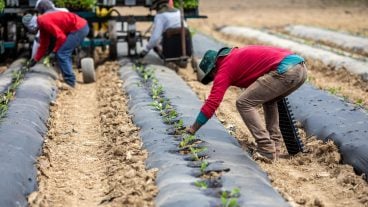
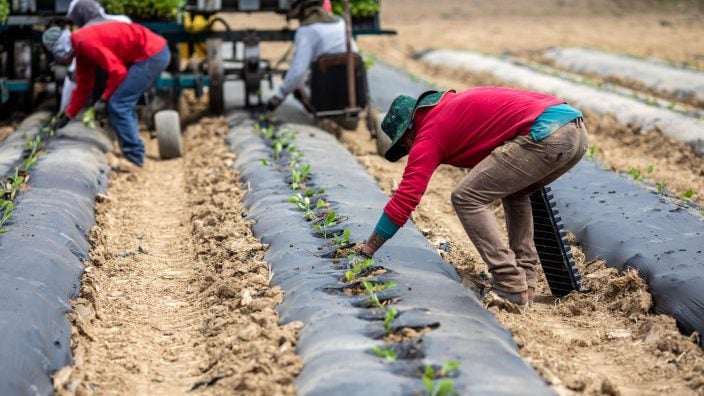
A recent state budget fix and a federal rule reform to H-2A have resulted in some relief for farmers who use the guest worker program.
Read More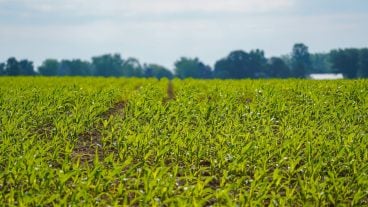
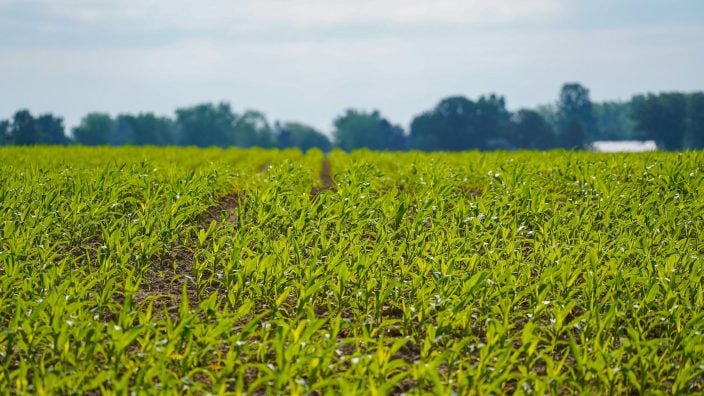
Ohio Farm Bureau advocated for a change in the law to allow family members and employees to handle pesticides while under the supervision of a licensed applicator. The rules around HB 10 are being finalized.
Read More
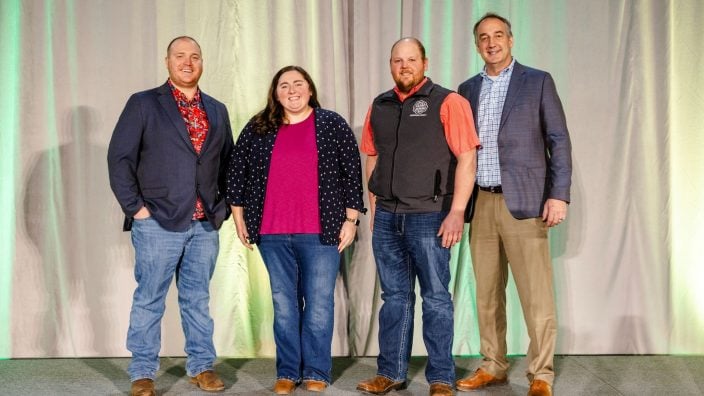
Lincoln Deitrick was named the Outstanding Young Farmer, Denver Davis won the Excellence in Agriculture Award, and Margaret Houts won the Discussion Meet.
Read More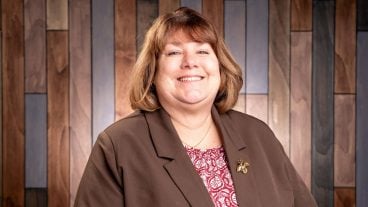
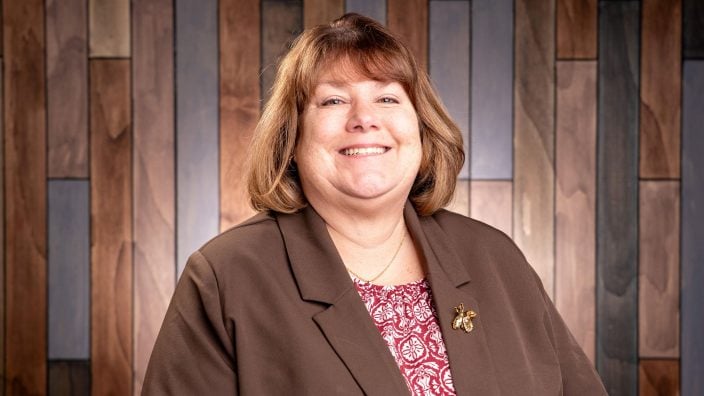
Michelle Downing of Franklin County has been named finance director of county operations for Ohio Farm Bureau.
Read More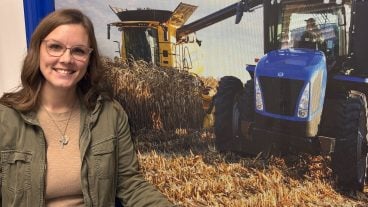
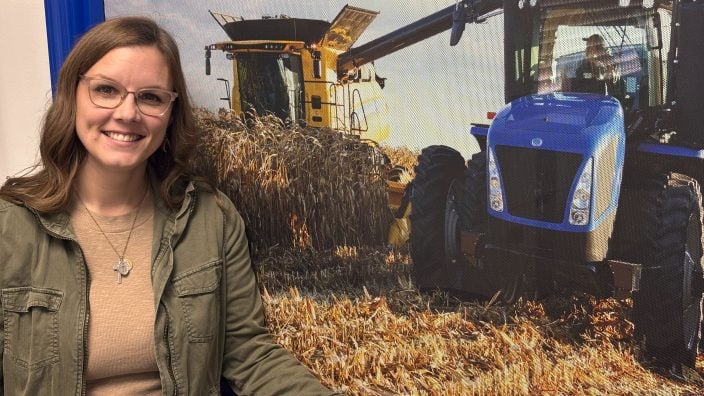
Remember why you joined Farm Bureau and find others that want to join for the same reasons. ~ Alicia Weaver
Read More

Four property tax reform bills were signed into Ohio law at the end of 2025. Ohio Farm Bureau Associate General Counsel Leah Curtis breaks down the bills and what the changes mean for Ohioans.
Read More